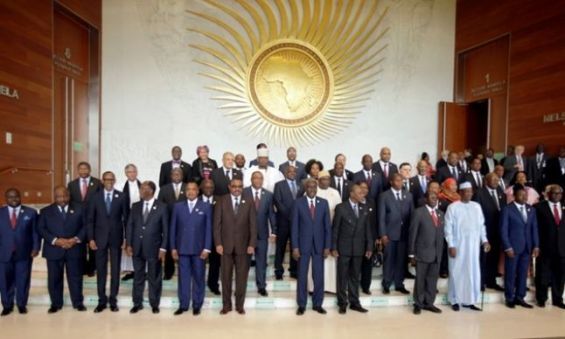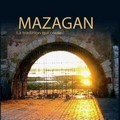Although relations between the ruling party in South Africa, the African National Congress (ANC) which is headed by President Cyril Ramaphosa, and Rabat are still marked by tension, Morocco managed, in the recent months, to be positively featured by one of the most well reputed think tanks in Pretoria and Africa.
In an article entitled «How the latest AU decision on Western Sahara could affect other crises», the Institute for Security Studies (ISS) widely praised the efforts made by the Moroccan diplomacy at the African Union’s 31st summit, hosted in July by Nouakchott.
The Peace and Security Peace Report initiated by ISS referred to the same arguments previously cited by the Ministry of Foreign Affairs and International Cooperation to highlight Morocco’s «success», which resulted in «bringing a new dimension to the AU’s approach to the crisis in Western Sahara».
The think tank changes its discourse
Committed to defend the Kingdom’s position in Africa, this unusual step remains questionable. Especially as the body, had openly rejected in March 2017 Morocco’s bid to join the Economic Community of West African States (ECOWAS).
Liesl Louw-Vaudran, a researcher at the think-thank, has launched a campaign against Rabat’s request when it was first submitted. «Geographically speaking, Morocco is not part of West Africa. Its Arab culture is totally different from that of sub-Saharan Africa (…) Morocco has realized that it doesn’t want to be Africa’s black sheep anymore», she told media.
The same comments were later quoted by the president of the ECOWAS Commission, Marcel de Souza to underrate Morocco’s request. Miraculously, the latter was back later to defend the Moroccan approach.
It is obvious that the Institute for Security Studies has been following Benin’s footsteps. But the article in question is not the first of its kind. It is, actually, part of a new policy that has been initiated by the institute a few months ago.
Moreover, the interview conducted with Morocco’s Minister of Foreign Affairs Nasser Bourita stresses this new approach the Kingdom is adopting. For the record, a member of the South African think tank participated to the «Africa Day» event held on May the 25th in Rabat.





 chargement...
chargement...













